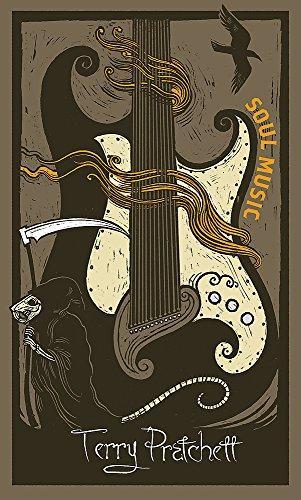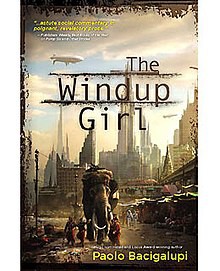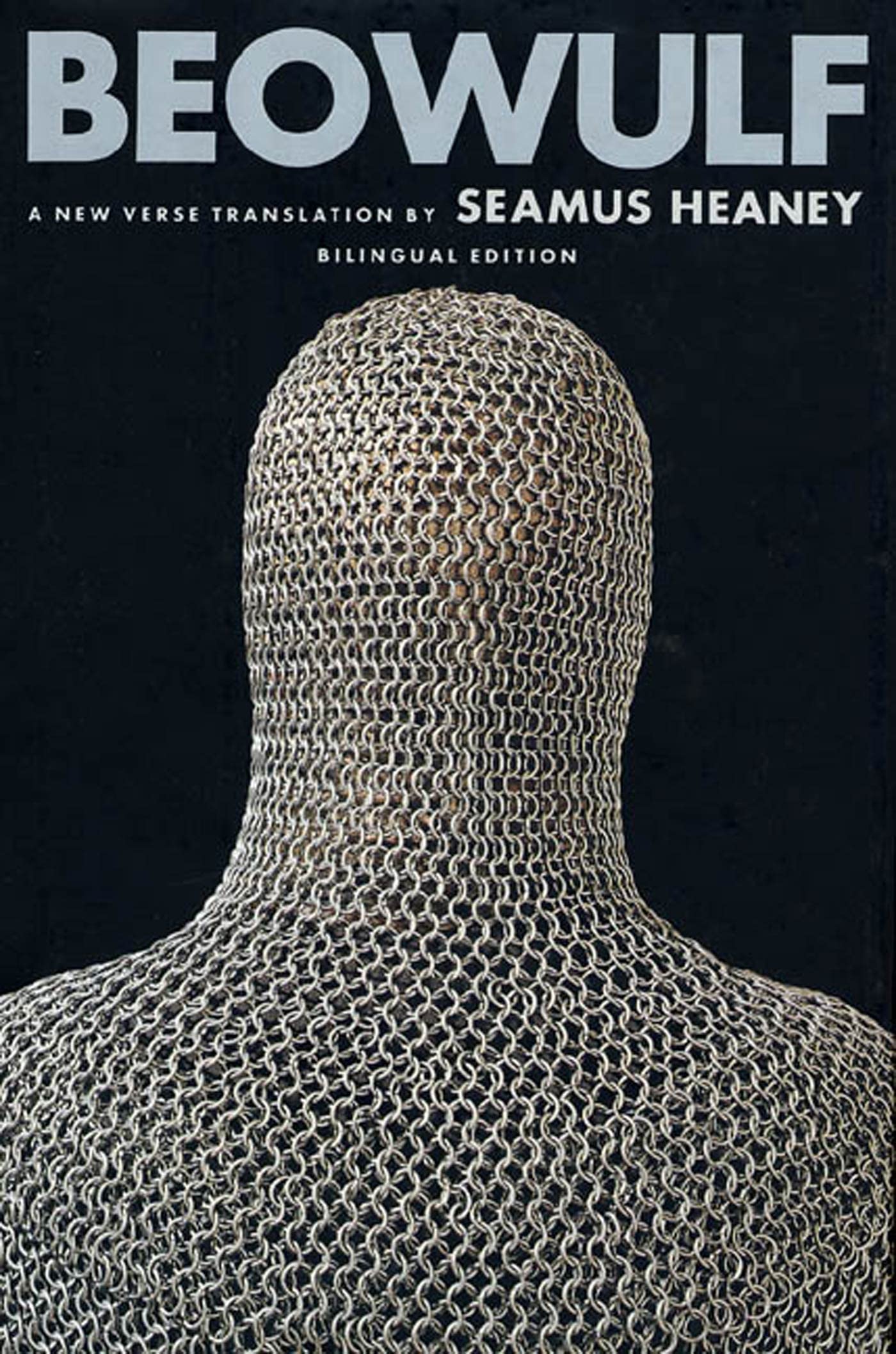creamfresh rated Soul Music: 5 stars

Soul Music by Terry Pratchett
Soul Music is a fantasy novel by British writer Terry Pratchett, the sixteenth book in the Discworld series, first published …
Nice to meet you! I'm creamfresh and I like science fiction, especially cyberpunk, but I also love the Discworld series. I'm always ready to broaden my horizon with non-fiction, especially when I don't agree with the politics of a given book. Some classics might also slip through. I am trying to get into the habit of writing reviews for the books I've read and I will amend some for the books I already marked as read. My native Language is German, but I always prefer reading the original version, so most of my books will be in English. I also read Manga, but I will only add the first volume of a series if I finish it, because i can't be bothered otherwise.
Mastodon: @creamfresh@corteximplant.com
This link opens in a pop-up window

Soul Music is a fantasy novel by British writer Terry Pratchett, the sixteenth book in the Discworld series, first published …

Soul Music is a fantasy novel by British writer Terry Pratchett, the sixteenth book in the Discworld series, first published …

What Happens when bio-terrorism becomes a tool for corporate profits? And what happens when said bio-terrorism forces humanity to the …

Zum hundertsten Jahrestag des Kriegsbeginns 1914: sämtliche Werke von Erich Maria Remarque zum Ersten Weltkrieg, durchgesehen und in neuer Ausstattung. …

Composed toward the end of the first millennium, Beowulf is the elegiac narrative of the adventures of Beowulf, a Scandinavian …
I expect that by the time I'm finished with this, I will have picked up the lute and gotten myself a patron, so that I may play in many a pubs and halls, to entertain everyone with beautiful renditions of anglo saxon poems of the eighth century.
I expect that by the time I'm finished with this, I will have picked up the lute and gotten myself a patron, so that I may play in many a pubs and halls, to entertain everyone with beautiful renditions of anglo saxon poems of the eighth century.
Lovely read, recommended for those that liked Neuromancer and those that tried to like it. It works standalone and might be worth a try if, like me, you had trouble getting through the first part.
Three stories, that seem unrelated at first but interweave beautifully towards the end, each contributing to the satisfying ending. Each story expands on a different part of the retro futuristic vision Gibson established in Neuromancer. We explore different locations in America (mainly the sprawl of the east coast, between Boston and New York), Paris, Brussels and Earth's orbit, through the eyes of a newbie hacker, a mercenary and an art curator.
In a way the world feels more grounded than in Neuromancer, while the themes are even more esoteric. Gibson foregoes technical feasibility in favour of something that could be described as cyber-magic. Sure, you could potentially try to explain how jockeys establish …
Lovely read, recommended for those that liked Neuromancer and those that tried to like it. It works standalone and might be worth a try if, like me, you had trouble getting through the first part.
Three stories, that seem unrelated at first but interweave beautifully towards the end, each contributing to the satisfying ending. Each story expands on a different part of the retro futuristic vision Gibson established in Neuromancer. We explore different locations in America (mainly the sprawl of the east coast, between Boston and New York), Paris, Brussels and Earth's orbit, through the eyes of a newbie hacker, a mercenary and an art curator.
In a way the world feels more grounded than in Neuromancer, while the themes are even more esoteric. Gibson foregoes technical feasibility in favour of something that could be described as cyber-magic. Sure, you could potentially try to explain how jockeys establish some kind of, potentially lethal, neural link with the cyberspace, but it works just fine within the story. Really, this is not for you if you prefer long technical info-dumps.
This is book is definitely one of my SF favorites.